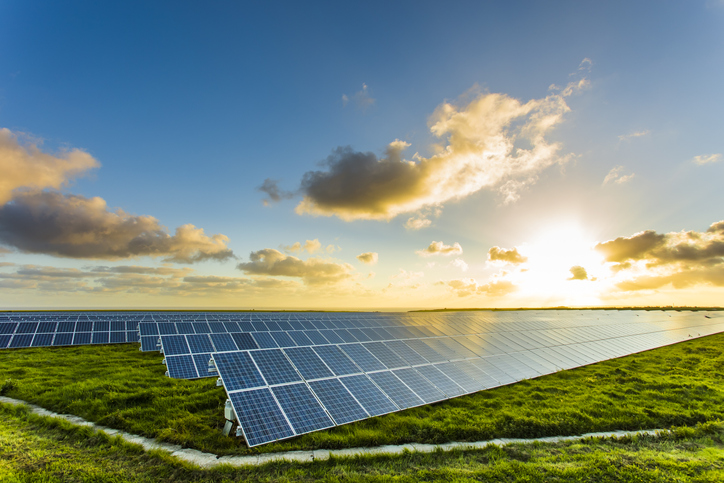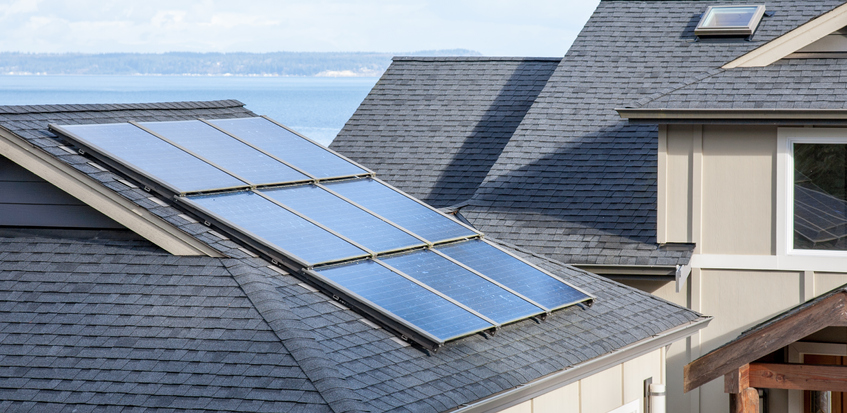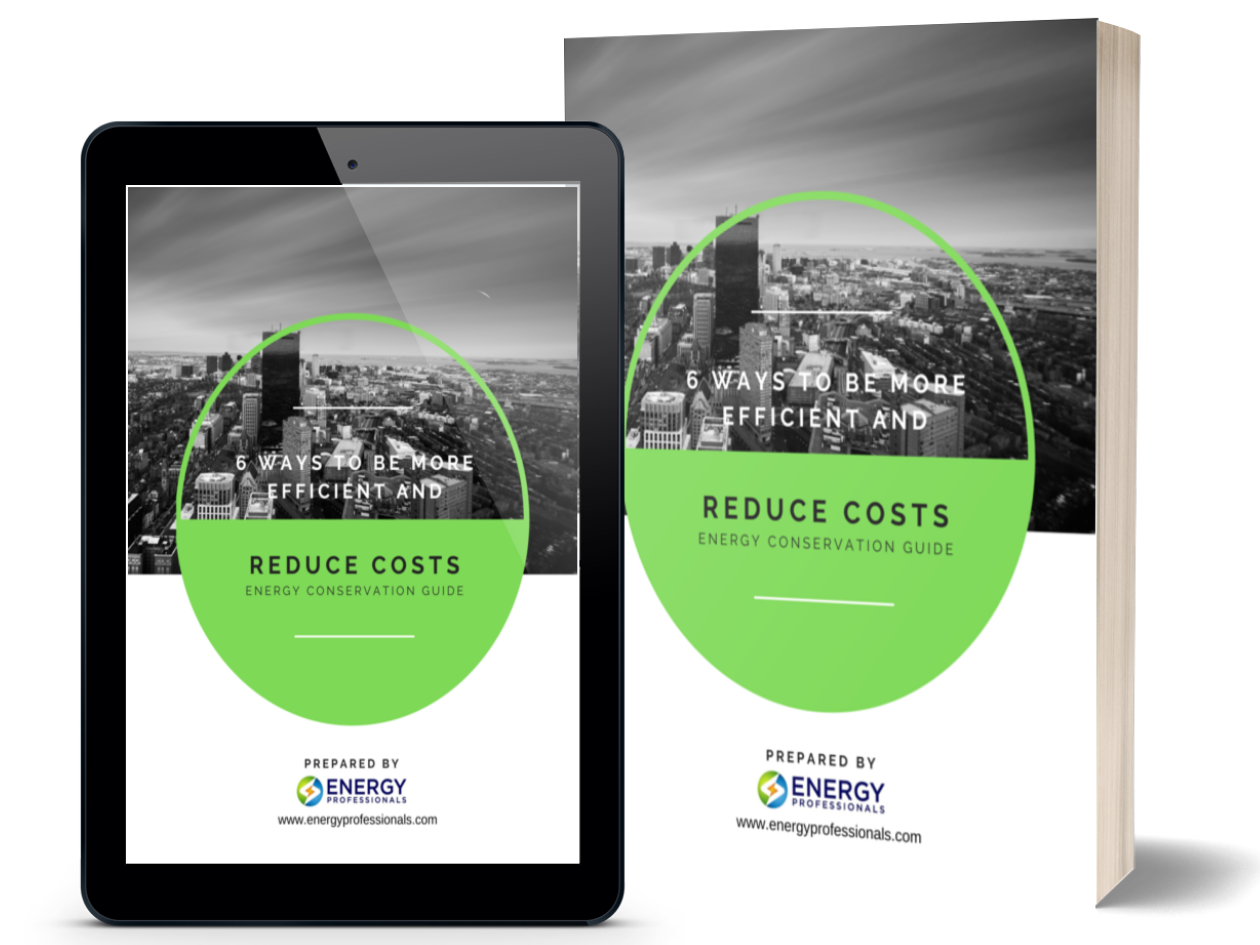Solar Power Professionals
Reduce grid reliance, powered by the sun

Reduce grid reliance, powered by the sun

Solar offers home and business owners the opportunity to take control of their utility bills while demonstrating their commitment to the environment. Installing a solar system gives you the power to invest in your own energy production rather than paying the utility month to month. Commercial solar energy allows your company to either eliminate or drastically reduce your utility bills, empowering you to allocate saved capital to solar panels that increase the value of your home or business. Put your home or business ahead of the curve and let our solar power professionals help you reap the undeniable benefits of renewable energy.

Commercial Solar Solutions
Commercial solar is no longer simply about “going green.”
Energy Professionals will help your organization explore how solar can reduce your cost, lower demand charges and reduce your company’s dependance on the current utility grid.
Residential Solar Solutions
Depending on where you live, several states, counties and municipalities offer rebates and incentives for residential consumers to explore solar options. Energy Professionals utilizes a vast network of solar companies to identify the best fit for your home.

Partners Breakdown
Energy Professionals has a network of hundreds of solar companies that can help you on your way to energy independence.
















Don't have one? You can get one by calling us at 855-4-PKIOSK.
Energy Professionals is committed to finding its customers the best possible rates on electricity and natural gas. Tell us your location and service type and our energy manager will connect you to the most competitive offers.
Switching to an alternate supplier is easy. There is no chance of service disruption, and you'll continue with your current utility for energy delivery and emergency service. Take a few minutes to discover your best offers, and enjoy the benefits of retail energy in your home or business.
1. Energy Type
2. Service Type
3. Zip Code
4.Local Company
5.Zone
We believe that knowledge is power. Here’s a free e-book that provides business solutions to reducing energy costs.
Download E-Book Free Energy Audit




